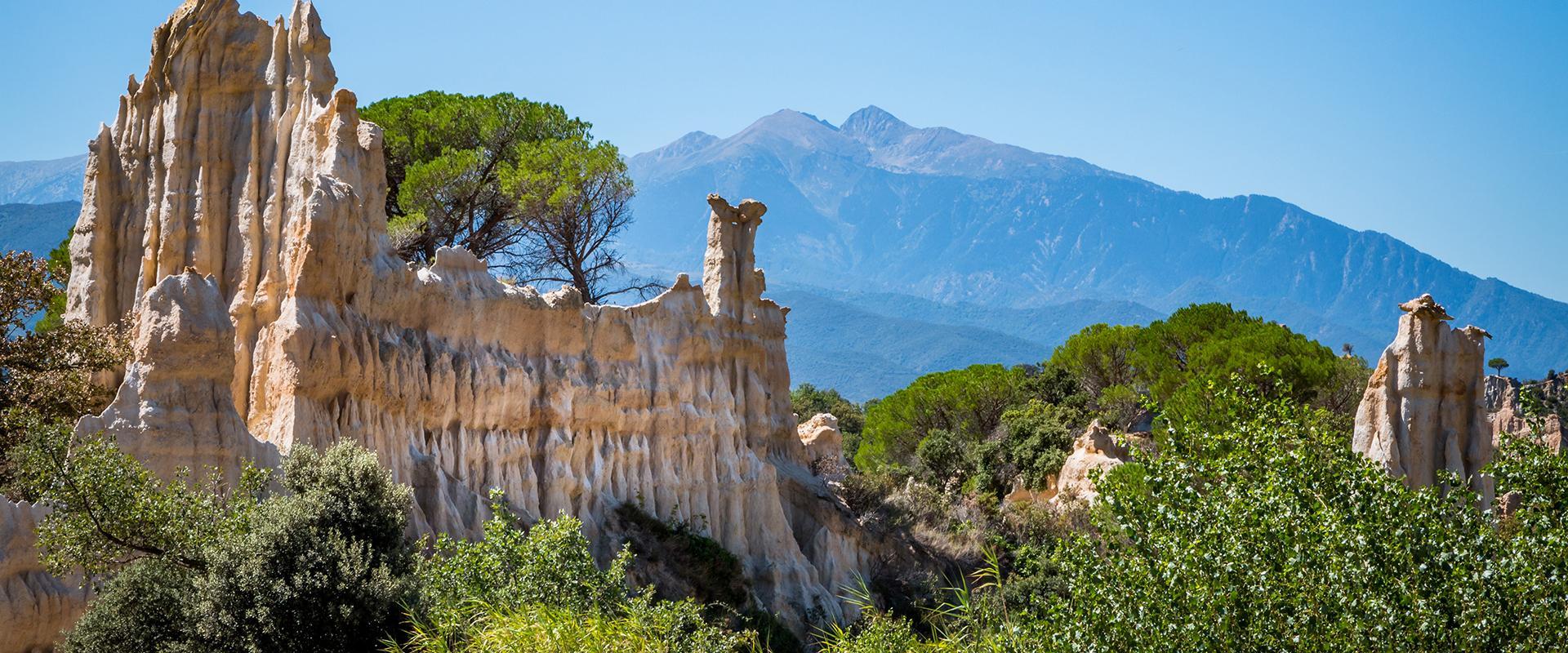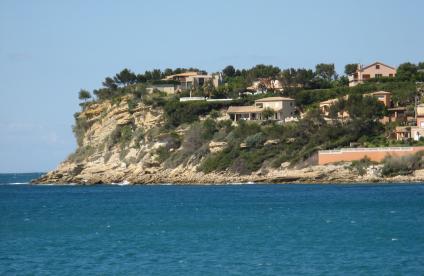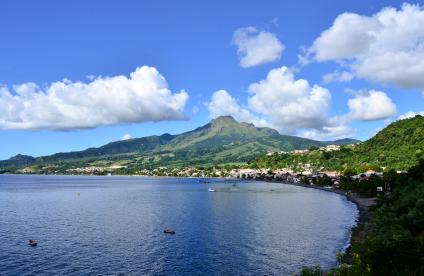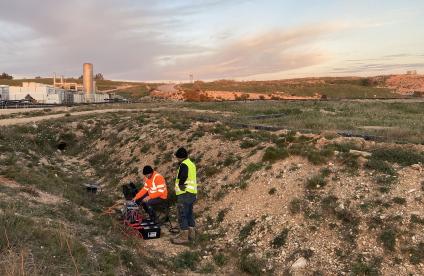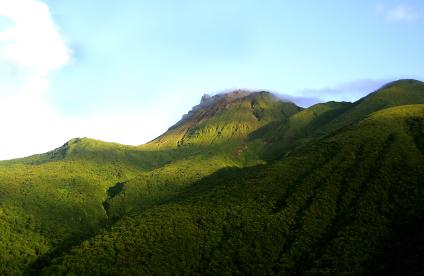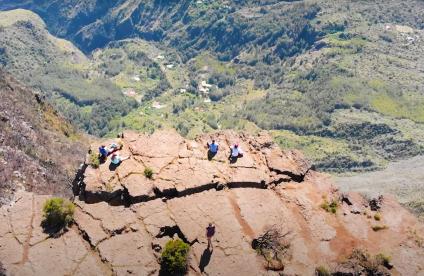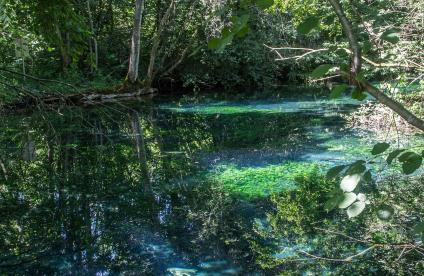
Pyrenean Climate Change Observatory - Interreg POCTEFA programme logo.
© Interreg
Climate change in the Pyrenees
Climate change is now acknowledged as a fact across the world.
According to the study on the impacts of climate change in Aquitaine, directed by Professor Hervé Le Treut and published in 2013, the climate in this region could be 4 to 6°C warmer by the end of this century. This study shows that the major challenges in mountain areas are biodiversity loss, changes in the spatial distribution of plant and animal species and thermophilisation.
The Pyrenees range is particularly representative of the main climatic issues in mountain areas. The marks of change are already in evidence: melting glaciers, reduced snow cover, upward migration of plant species, phenological changes in plant life, earlier harvesting times, etc. Moreover, the region includes highly vulnerable arid areas, water availability is decreasing and climate change is driving significant changes in biodiversity that are aggravated by human activity.
These effects make it essential to adapt people's lifestyles and management and production strategies in the different sectors of activity to climate change.
Introducing measures to adapt to climate change
The Pyrenean Climate Change Observatory (OPCC), owned by the Communauté de Travail des Pyrénées (CTP), was created to observe and measure the impacts of climate change in the area and associated natural risks, in order to assist decision-making by public and private managers.
The OPCC is the only platform dedicated to studies of climate change in the Pyrenees. In 2013, it published the first database on temperatures and rainfall in the Pyrenean region.
To continue the work of the OPCC, the OPCC-2 project was launched in July 2016 for 3 years and established a transboundary partnership between Spain, France and Andorra. The project is entirely in line with component 2 of the Euroipean Interreg POCTEFA programme for 2014-2020, which centres on the identification and implementation of climate change adaptation measures and on introducing activities to promote resilience among players and in the natural environment in the Pyrenean region to adapt to the changing climatic reality.
The specific aims of the project are:
- To analyse and deliver knowledge on the impacts of climate change in the Pyrenees and on the vulnerability of natural and human systems;
- To facilitate decision-making, provide tools to aid adaptation in natural and human systems and to disseminate the observatory's studies for relaying in the sectors concerned;
- To help develop the visibility in Europe and internationally of the transboundary character of the Pyrenees for purposes of observation and adaptation to climate change, and to support Observatory participation at European and international level.
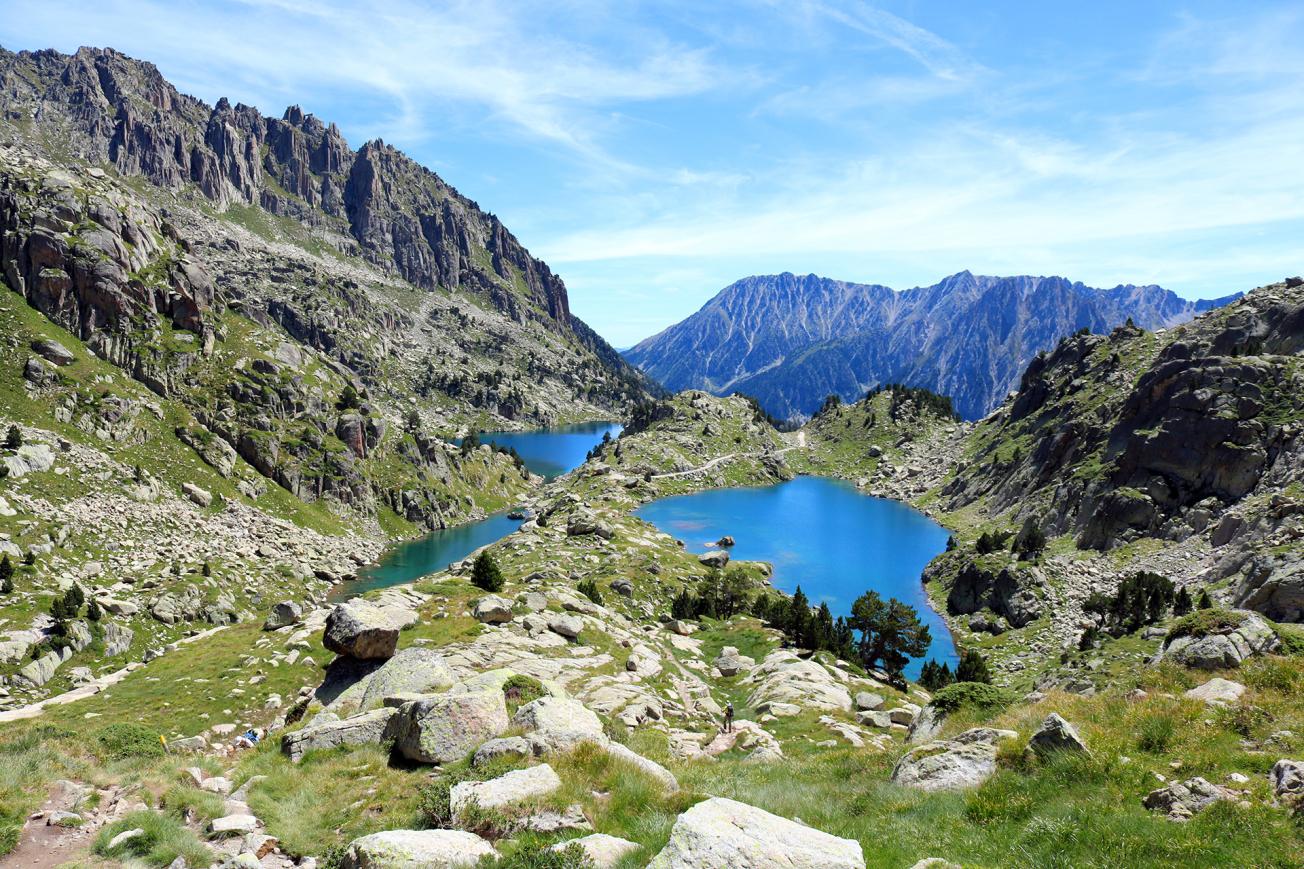
Pyrenees National Park.
© Adobestock - Pablo Eskuder
Contributing to strategies and policies for local areas
The Horizon 2020 strategy is designed to help the European Union achieve intelligent, sustainable and inclusive growth in Europe.
The OPCC-2 project is a strategy for research and innovation to support intelligent specialisation by investigating the question of climate change adaptation not only from the point of view of reducing impacts, but also to develop opportunities for new socio-economic activities in the region.
OPCC-2 is essentially geared to the launch and implementation of a CTP Strategy and Action Plan on climate change in the Pyrenees, which have been agreed to by all trans-Pyrenean regions. Its actions and activities will also contribute to international and national strategies in France, Andorra and Spain.
The BRGM, through coordinated activities by its Regional and Water Divisions, is contributing its experience and expertise in Earth Sciences fields to the different project activities, particularly as regards groundwater and its uses and natural risk management in the Pyrenean region.

